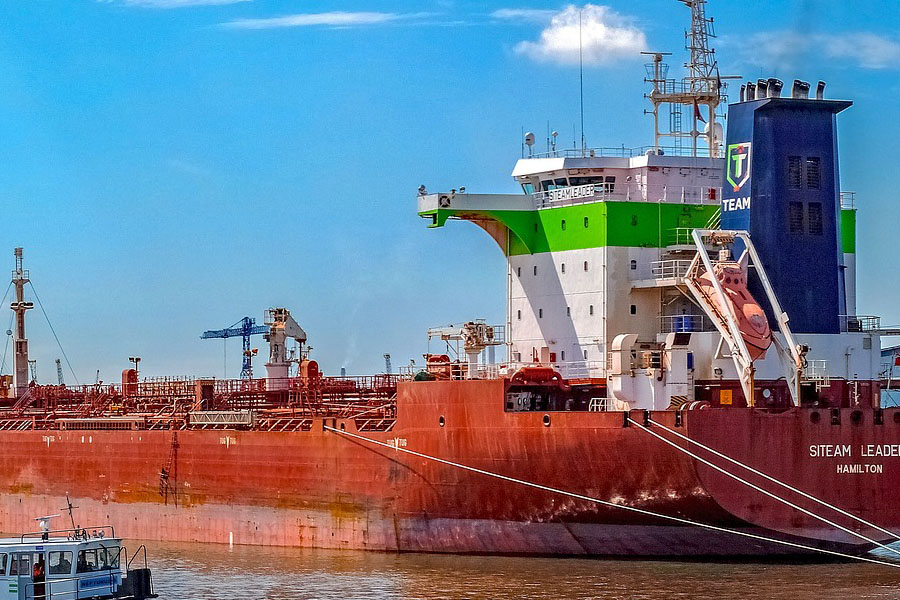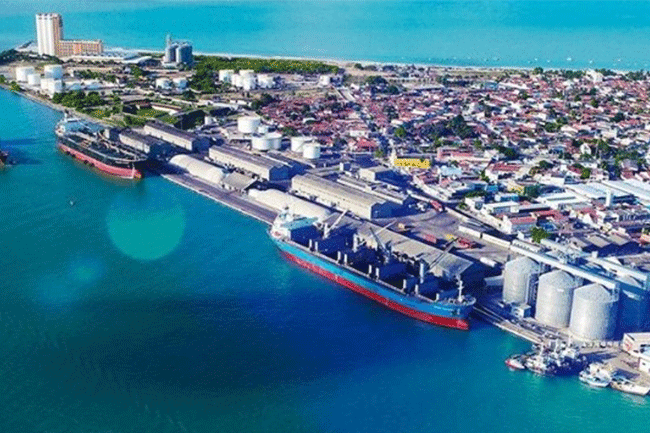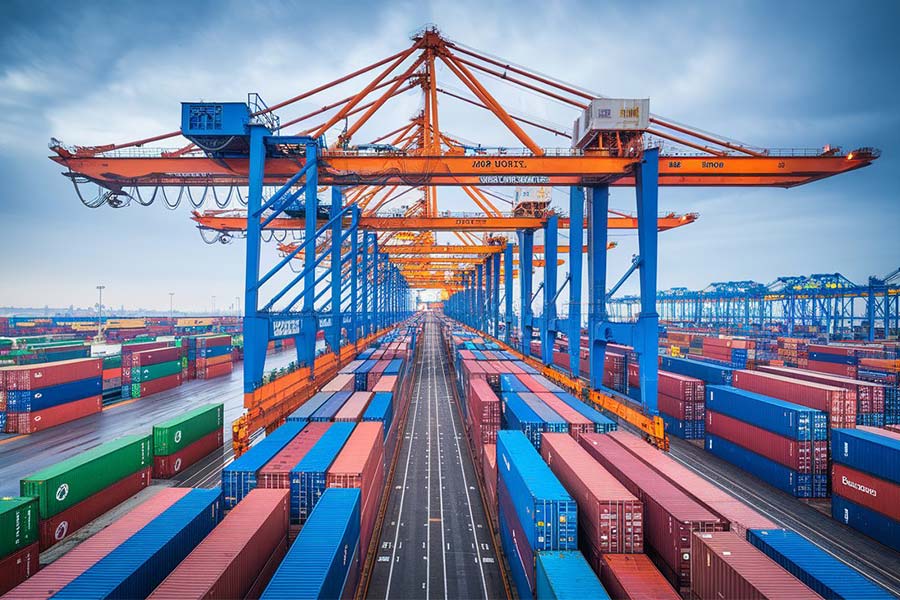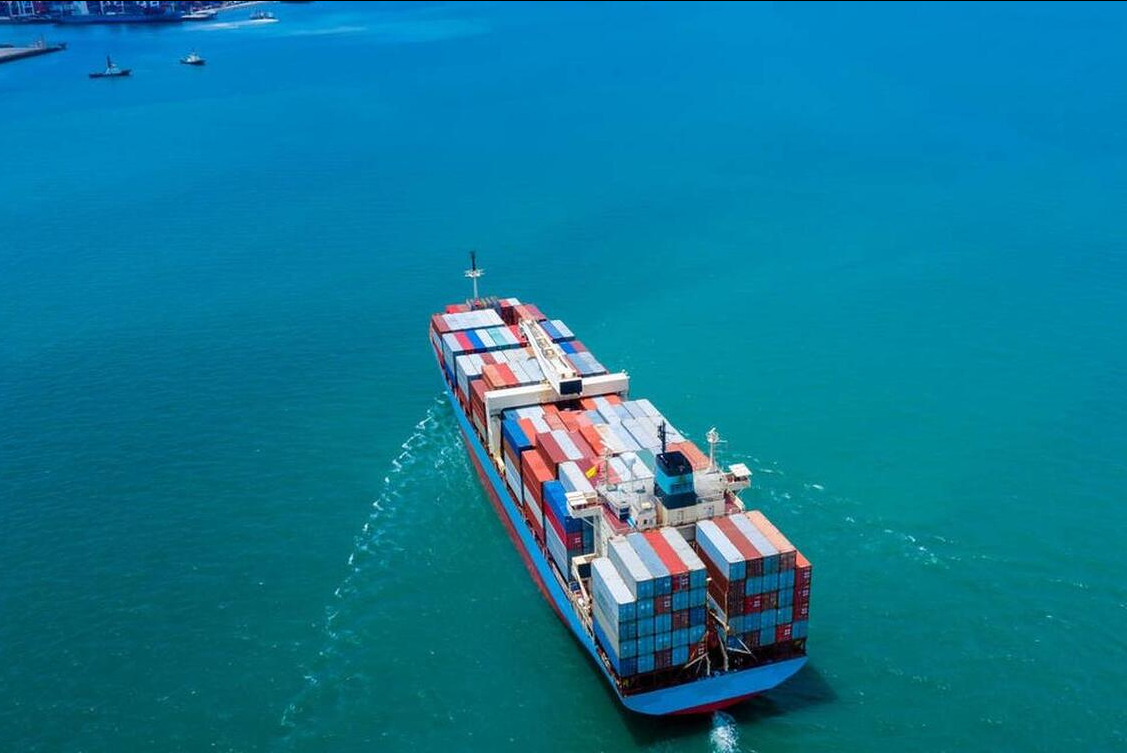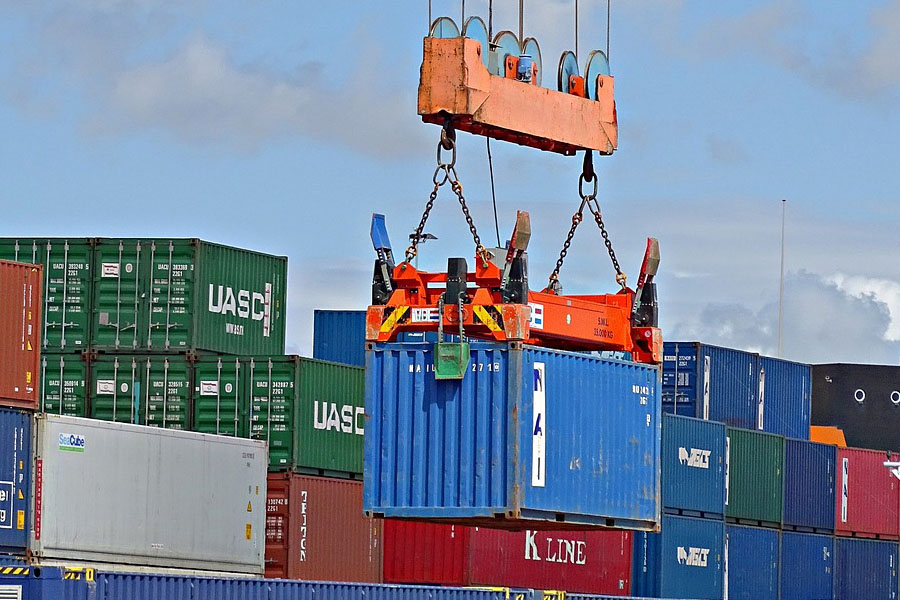- 20 Years of Expertise in Import & Export Solutions
- +86 139 1787 2118
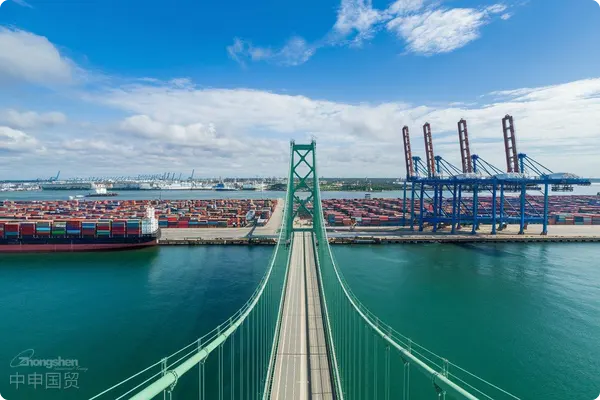
I. Who should actually pay the freight charges for an export agency?
According toIncoterms 2020 edition, the party responsible for freight is determined by the agreed trade terms:
- EXW terms: The buyer bears all transport costs
- FOB terms: The seller pays the costs to the port of shipment, and the?Ocean shipping?fee is borne by the buyer
- CIF terms: The seller needs to pay the full freight for the goods to the destination port
In 2023, an export enterprise, due to a misunderstanding of the DDP terms, had to bear an extra $120,000 in destination port customs clearance fees. This case warns us that we must clearly agree on the trade terms.
II. Why do the freight quotes for the same batch of goods vary greatly?
The composition of export agency freight includesexplicit feesandHidden Costs:
- Basic fee:
- Sea/?Air freight?Basic freight
- Fuel surcharge (averaged 15% of freight in 2023)
- Additional fees:
- Port handling charge (THC)
- Document Processing Fee
- Peak season surcharges
(Expense details corresponding to different terms such as EXW/FOB/DDP, etc.).: Require to break down and display 12 sub - expenses such as EDI transmission fee and manifest entry fee, with a focus on checking the following three items: space guarantee surcharge, amendment fee, and telex release fee.
III. What tax elements should the freight invoice include?
A compliant freight invoice must include:
- The full name and tax number of the carrier
- A detailed description of the transport service (must be consistent with the customs declaration)
- Currency and exchange rate (at the Bank of China exchange rate on the day of customs declaration)
- Special reminder: The freight under CIF terms must be included in the dutiable value of the goods
In the many cases of tax fraud uncovered by customs in 2023, 67% involved false reporting of the freight invoice amount. Enterprises must ensure that the information on the three documents (contract, invoice, customs declaration) is consistent.
IV. How to negotiate freight rates effectively with a freight forwarder?
Negotiation techniques summarized from 20 years of practical experience:
- Bulk negotiation: A quarterly cargo volume of over 20 containers can get a 3-5% discount
- Payment term exchange: Accepting 30-day payment terms can lower the rate
- Route combination: Pairing with return cargo can optimize the overall cost
A clothing exporter, through anannual framework agreement + quarterly volume commitment, successfully reduced the freight cost for European routes by 18% in 2023.
V. How to effectively defend rights in case of a freight dispute?
It is recommended to adopt a four-step handling method:
- Step 1: Check the original booking confirmation
- Step 2: Retrieve the container flow record
- Step 3: Apply for a third-party inspection report
- Step 4: Initiate commercial mediation through the CCPIT
Important note: A written objection must be raised within 21 days after the bill of lading is issued to avoid losing the right to claim.
VI. What are the common misconceptions about freight payment?
- Myth 1: Freight collect is more cost-effective than prepaid (in reality, it hides 10-15% in costs)
- Myth 2: Calculating LCL freight by cubic meter is better (weight and volume must be considered simultaneously)
- Myth 3: Booking space yourself can save on agency fees (may result in higher hidden costs)
It is recommended that small and medium-sized export enterprises choose anall-inclusive agency service. Although the cost per shipment increases by 5%, it can reduce the risk of unexpected fees by 90%.
? 2025. All Rights Reserved.
